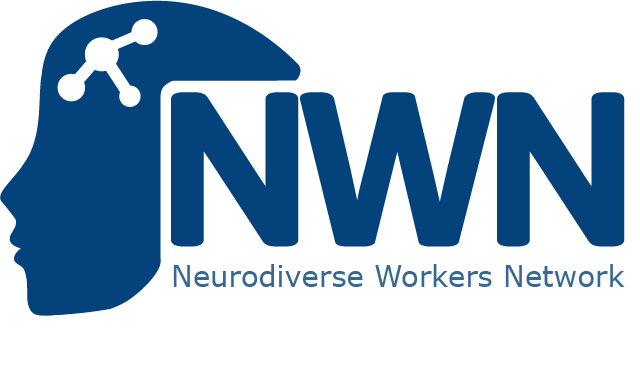Stroke information
A stroke is a life-threatening medical condition. It happens when the blood supply to part of the brain is cut off by a blockage or a ruptured blood vessel.
Strokes are a medical emergency and urgent treatment is essential.
The sooner a person gets treatment for a stroke, the less damage is likely to happen.
Information abov provided by: https://www2.hse.ie/conditions/stroke/
Stroke survivors may often be in hospital for around 3 weeks. The time a stroke survivor needs to stay in hospital can depend on how severe the stroke is.
The injury to the brain caused by a stroke can lead to long-term challenges and issues. You may need specialised multidisciplinary support. This is to help with your recovery and return to independence.
Rehabilitation will depend on your symptoms and how serious they are. This process will start in the hospital as soon as possible after your stroke.
Stroke survivors may have therapy at home with an early supported discharge team. This team provides stroke rehabilitation to patients in their own homes. Patients may also have therapy in a rehabilitation centre before going home. Some patients may need specialist rehabilitation in the National Rehabilitation Hospital.
Information above provided by: https://www2.hse.ie/conditions/stroke/recovery/
Strokes are usually diagnosed by doing physical tests and studying brain scans.
Tests may include:
- blood tests to check your cholesterol and blood sugar levels
- checking your pulse for an irregular heartbeat
- monitoring your heart rhythm
- checking your blood pressure
- an ultrasound on your heart or neck vessels
Information above provided by: https://www2.hse.ie/conditions/stroke/diagnosis/
